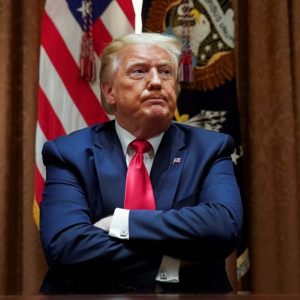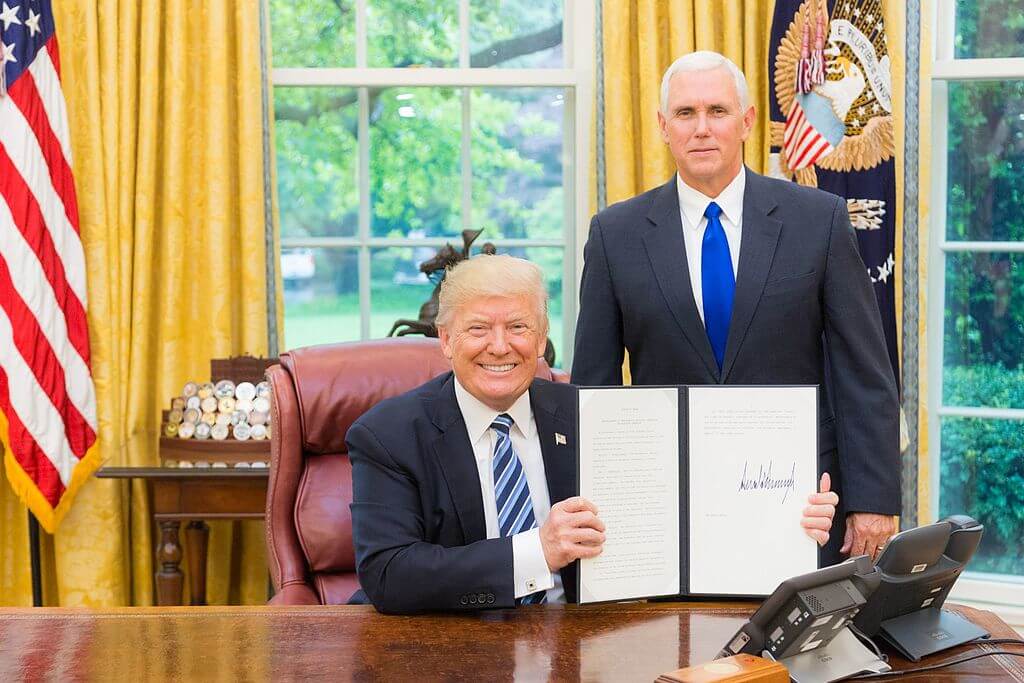Politics and science are always falling in love, but they seldom live happily ever after. Quick to embrace, messy to separate is the pattern.
Nowhere has this been clearer than with energy, where projects are dependent on some form of government approval, endorsement, funding and sometimes direct involvement — for example, when the Army Corps of Engineers designs a hydroelectric project or the government’s commitment to take nuclear waste.
The late Financial Times science editor, David Fishlock, with whom I collaborated for many years, advised me to be wary of government falling in love with science, because of the catastrophe that ensues when government falls out of love with it.
Consider the love affair between successive administrations, from Dwight Eisenhower to Gerald Ford, and nuclear power. The administration of Jimmy Carter was cold to nuclear — a cooling that lasted long after he left office.
Carter, a nuclear engineer, delivered the lethal kiss when he described nuclear as the choice of last resort. He favored coal and conservation as the best energy policy, and created the U.S. Synthetic Fuels Corp. to exploit coal. Carter envisioned a time when coal would answer most energy needs: coal in the form of synthetic gas, liquid fuel for transportation, and plenty of coal-fired electricity.
Options were few.
I had worked with the Atomic Energy Commission’s Gorman Smith — who later became executive director of the U.S. Energy Association — on a study for President Richard Nixon on the crisis after the Arab Oil Embargo of 1973, and we found the energy cupboard bare. At that time, only nuclear and coal were options. Natural gas was believed to be a resource of the past — the first deputy energy secretary, Jack O’Leary, described it as “a depleted resource.”
Wind and solar were in the dream stage, although the national laboratories were doing yeoman’s work on them.
What wasn’t known was the extent to which technology would upend the energy ecosystem and take it from dearth to abundance.
While Ronald Reagan’s heart was with nuclear, his energy secretary, John Herrington, spooked the debate with his constant leaking to The New York Times about the problems with nuclear waste, and particularly with the large nuclear reservation in Hanford, Wash., where defense waste is stored, dating back to the early days of the Cold War.
Reagan significantly advanced natural gas by deregulating the market and easing the restrictions imposed on it.
Deregulation primed the pump for the explosion that was to come with the perfection of an old technology, fracking, and other technological breakthroughs, particularly horizontal drilling and 3D seismic imaging in gas and oil exploration. A final tech boost to gas was the surge in deployment of aeroderivative turbines — jet engines on the ground — in the late 1980s. They burn gas far more efficiently than placing it directly under boilers, a so-called thermal gas system.
The Joe Biden administration was committed to reducing greenhouse gas emissions, primarily carbon. It shifted dramatically away from coal and gas and embraced renewables. That administration’s embrace was part of a worldwide transition to renewables, sometimes with aggressive encouragement through loans and tax breaks.
Now with Donald Trump, we have an administration that worships gas, venerates coal, and has come down heavily against wind, especially offshore turbines, even as the world — including China and Europe — has embraced them. It has also criticized solar power, but with less vehemence than its criticism of wind generation.
Nuclear is a favorite now with Democrats and Republicans. However, the Trump administration continues to hamper wind energy, going so far as to cancel offshore leases, while trying to resuscitate the coal industry.
Politics is at work, orchestrating what the administration hopes will be the end of wind and solar.
It also puts them at odds with the big tech companies, which are desperately seeking more green power for their data centers.
Another victim of the administration’s energy policy is hydrogen, a darling of the environmental movement.
The utilities have been here before and have developed a quiet skill in appearing to go along even while they plan — which they do in 25-year cycles — against the four-year political horizon. They have chosen not to challenge the administration’s position with a collective voice.
At present, the administration’s official line is that there is no global warming. The president has called it a hoax and a con. However, utilities are struggling with extremes of winter cold and summer heat that they haven’t historically experienced.
Keep quiet and keep the lights on is the undeclared utility strategy.








